The Nova Scotia Museum’s call for applications for Research Grants in Natural History is live for 2024. It’s a tight turnaround time (due March 8th), but the maximum funding amount is $10,000.
https://museum.novascotia.ca/grants
The Nova Scotia Museum Research Grant Program, administered by the museum’s board of governors, annually contributes funding toward research projects that improve Nova Scotians’ understanding of our natural and cultural history. Research that links with the Nova Scotia Museum collection is prioritized for support. Results from the research may generate artifacts and specimens for the provincial collection or work directly with the existing collection in new and innovative ways.
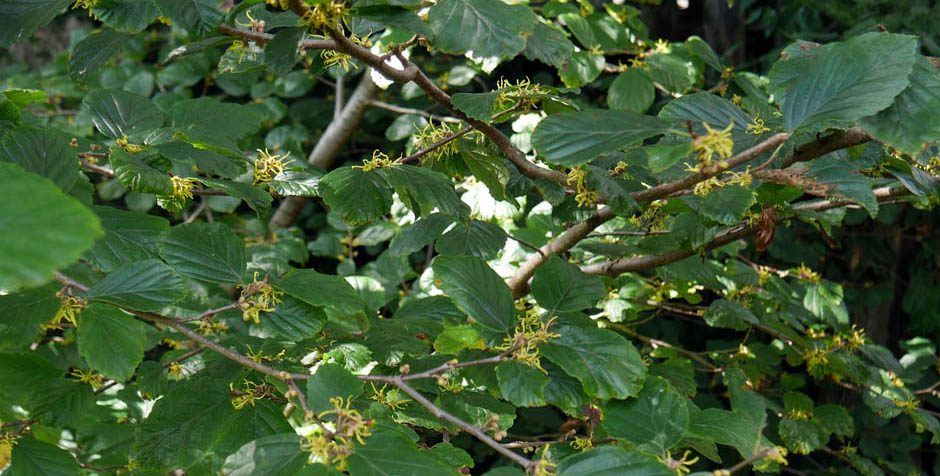

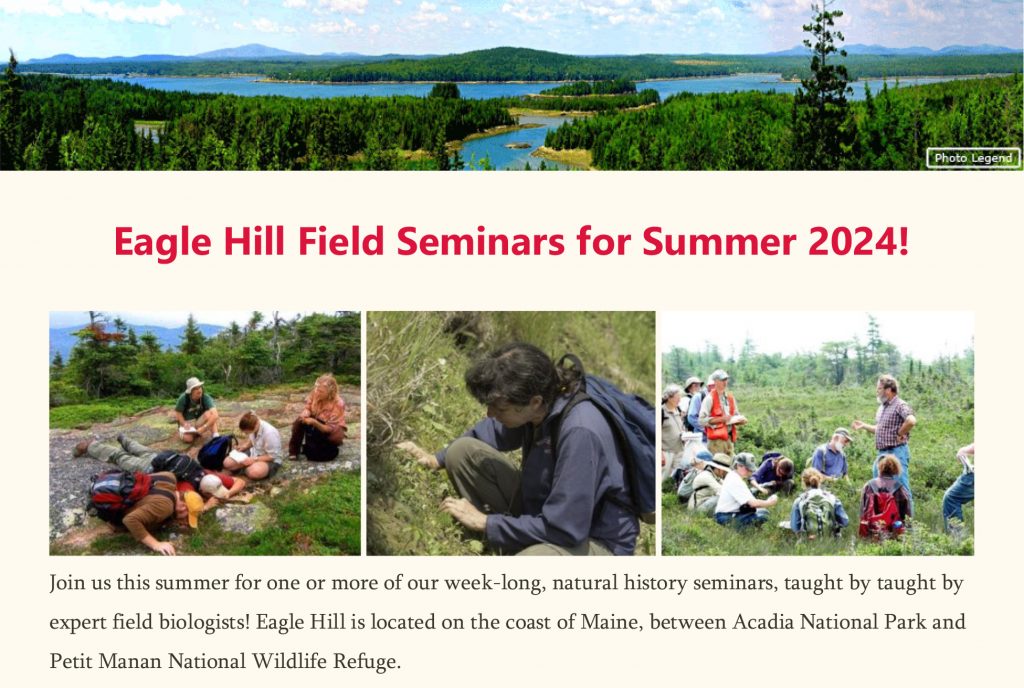

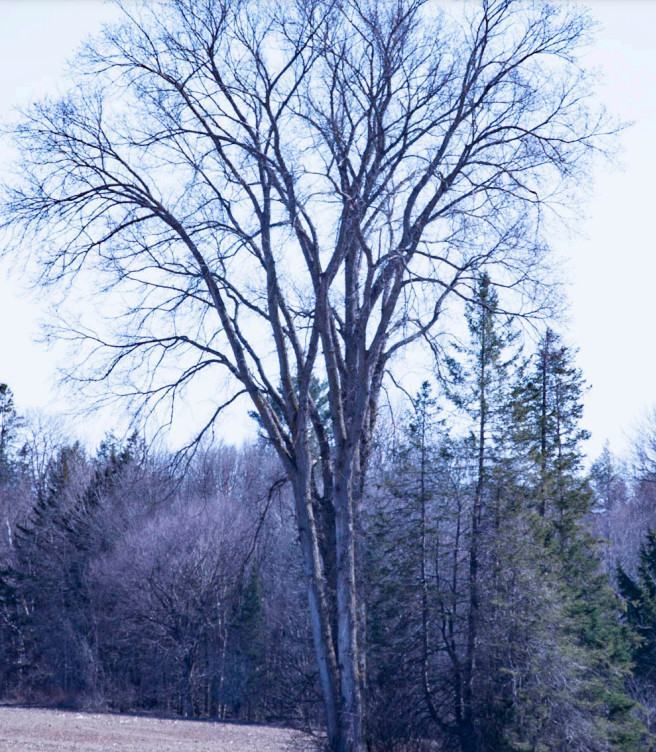 Description: Winter is a wonderful time to get to know the trees and woody plants of the Northern Forest. Without the distractions of summer leaves, we can focus on the more enduring characteristics of the woody members of forest habitats. In this seminar, we will take a wholistic approach to winter plant identification, integrating information of many types, including habitat, growth form, bark, needles and leaf remnants, fruit, twig arrangement, and buds. We will discuss aspects of dendrology, forest ecology, and plant anatomy as they relate to winter identification of woody plants. The seminar will consist of weekly interactive lectures and discussions with field challenge assignments to collect photographic observations of woody plants in nearby forests or parks. We will share these photographic observations through a citizen science course project on iNaturalist. Participants who are not able to access forests in winter may focus their efforts on assisting with identification and curation of the online course project collection.
Description: Winter is a wonderful time to get to know the trees and woody plants of the Northern Forest. Without the distractions of summer leaves, we can focus on the more enduring characteristics of the woody members of forest habitats. In this seminar, we will take a wholistic approach to winter plant identification, integrating information of many types, including habitat, growth form, bark, needles and leaf remnants, fruit, twig arrangement, and buds. We will discuss aspects of dendrology, forest ecology, and plant anatomy as they relate to winter identification of woody plants. The seminar will consist of weekly interactive lectures and discussions with field challenge assignments to collect photographic observations of woody plants in nearby forests or parks. We will share these photographic observations through a citizen science course project on iNaturalist. Participants who are not able to access forests in winter may focus their efforts on assisting with identification and curation of the online course project collection.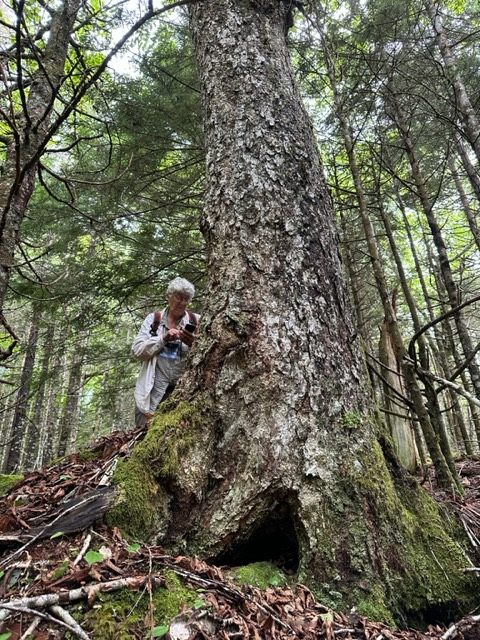



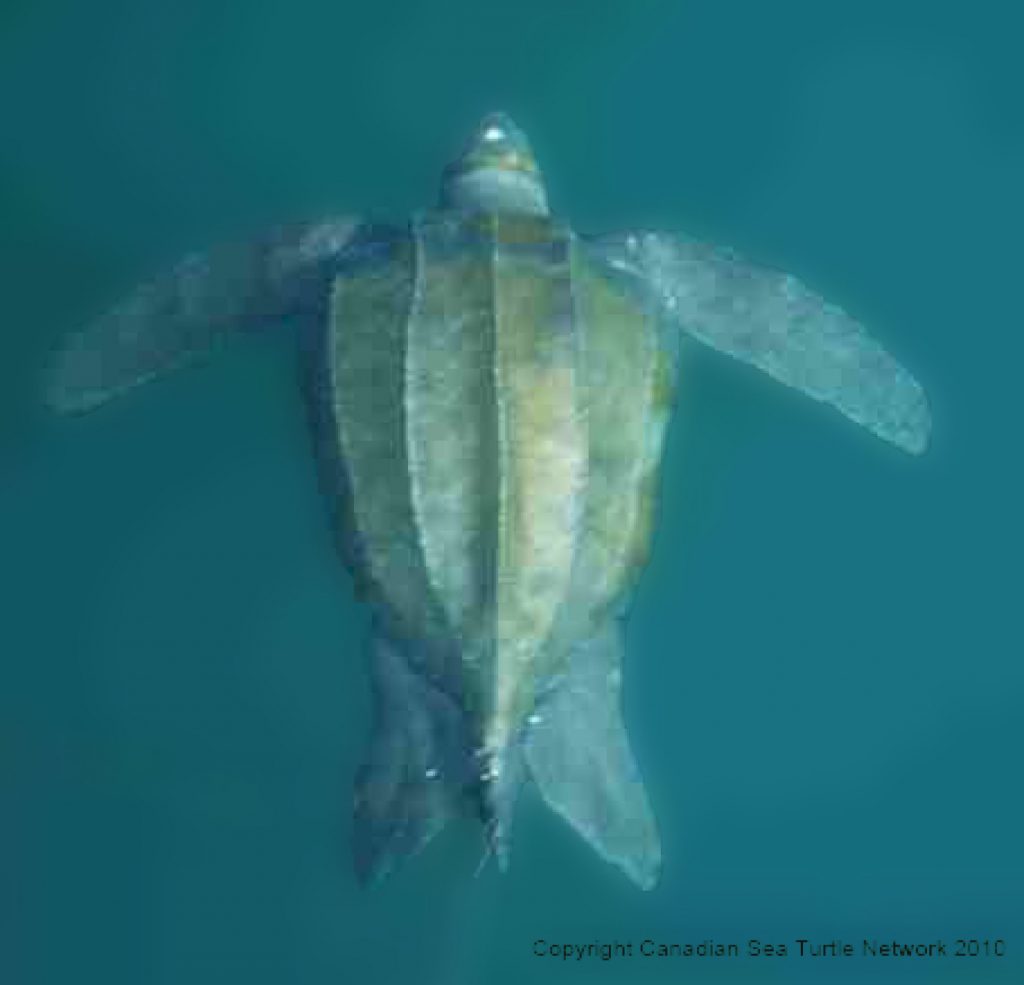 Every fall for the past many years the Sea Turtle Beach Patrol runs a beach patrol program from November 1 to January 31 where they ask volunteers to walk a beach of their choosing once a week looking for cold-stunned hard-shelled sea turtles. “Cold-stunning” is basically hypothermia for sea turtles, which occurs when the water they are in drops to and below 10degrees. Most years they find one or two either dead or almost dead juvenile Green or Kemp Ridley’s sea turtles. By consider the warming oceans and the experiences of our neighbours to the south, they are expecting these stranding events to become more common. Massachusetts for example, has gone from 0 to over 800 cold-stunned turtles in the past 20 years. These turtles, when found alive, require professional warming and monitoring, and sometimes transportation to a rehabilitation Centre. They can’t be put back into the cold ocean.
Every fall for the past many years the Sea Turtle Beach Patrol runs a beach patrol program from November 1 to January 31 where they ask volunteers to walk a beach of their choosing once a week looking for cold-stunned hard-shelled sea turtles. “Cold-stunning” is basically hypothermia for sea turtles, which occurs when the water they are in drops to and below 10degrees. Most years they find one or two either dead or almost dead juvenile Green or Kemp Ridley’s sea turtles. By consider the warming oceans and the experiences of our neighbours to the south, they are expecting these stranding events to become more common. Massachusetts for example, has gone from 0 to over 800 cold-stunned turtles in the past 20 years. These turtles, when found alive, require professional warming and monitoring, and sometimes transportation to a rehabilitation Centre. They can’t be put back into the cold ocean.